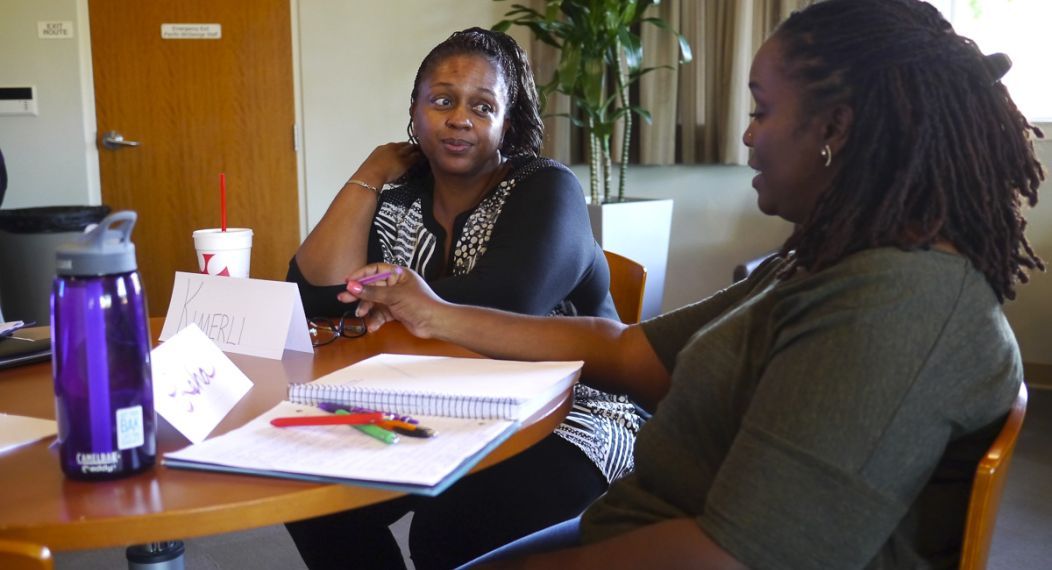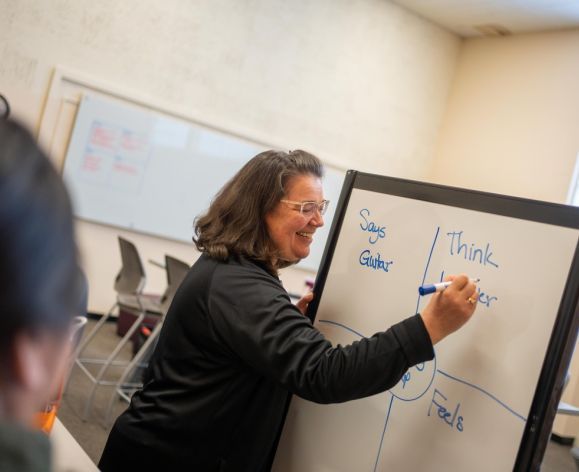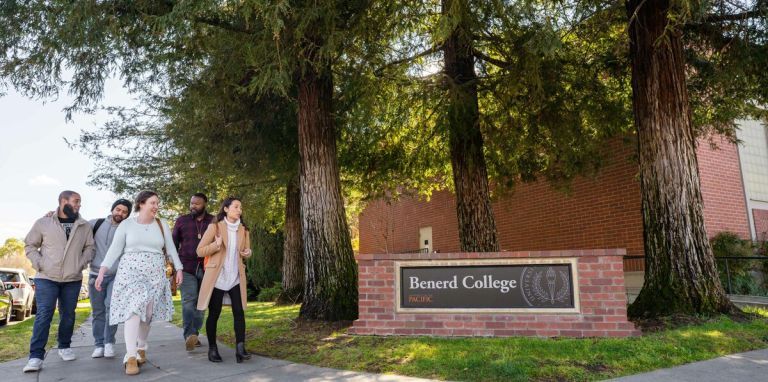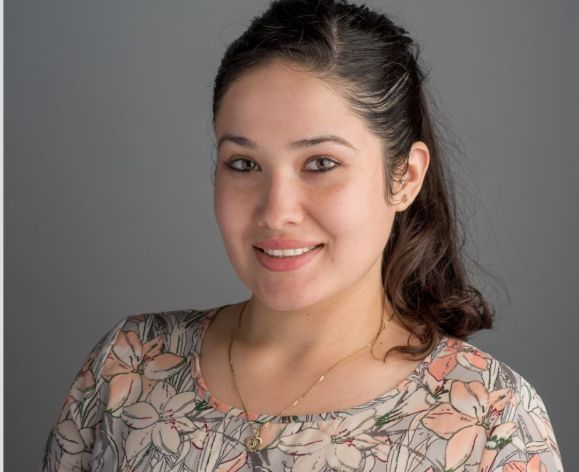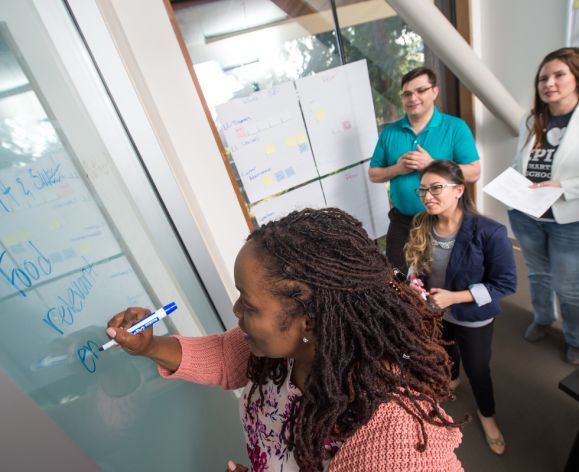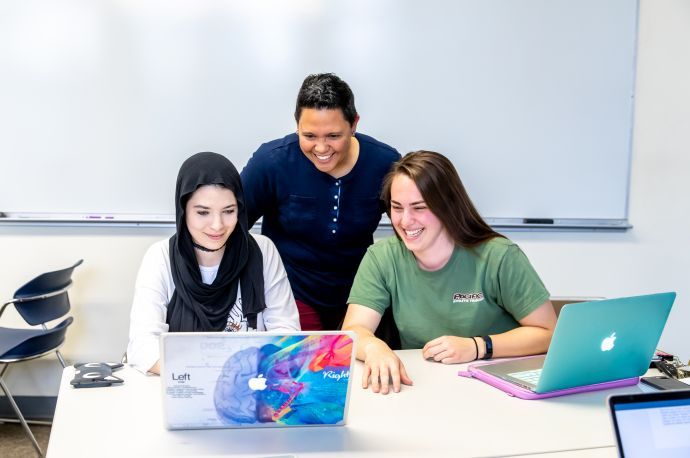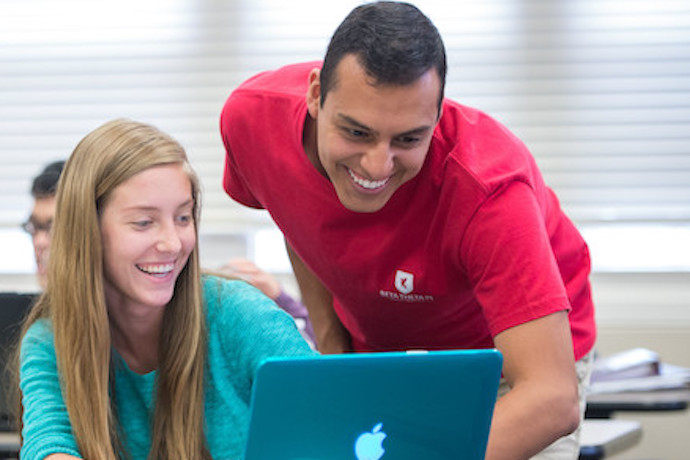Be a force for positive change.
Positive, sustained, authentic change comes from practitioners prepared to think critically about the systems in which they operate. Whether you’re an educator or a community organizer, or you work in the nonprofit world, earning a Doctor of Education in Transformative Action in Education (TAE) from the University of the Pacific will help you strengthen your capacity to create change in schools and other social systems.
Our 56-credit Doctor of Education for transformative change is built on the tenets of transformative leadership — beginning with self-reflection to help you better understand your role in fostering transformative change. Your self-exploration will then transform into actionable insights to improve the role of systems in transformative change throughout the country and the world.
Lead the movement for transformative change in the classroom.
Education and transformative leadership know no boundaries. That’s why we intentionally recruit students from a variety of sectors (K–12 education, higher education, community-based organizations and nonprofits). Through project-focused courses, you’ll master and apply the methods and theories needed to disrupt these systems and begin changing them from the inside out. With a Doctor of Education degree for transformative change from Pacific, you can create equitable, inclusive and justice-oriented programs and classes that can positively impact your community.


